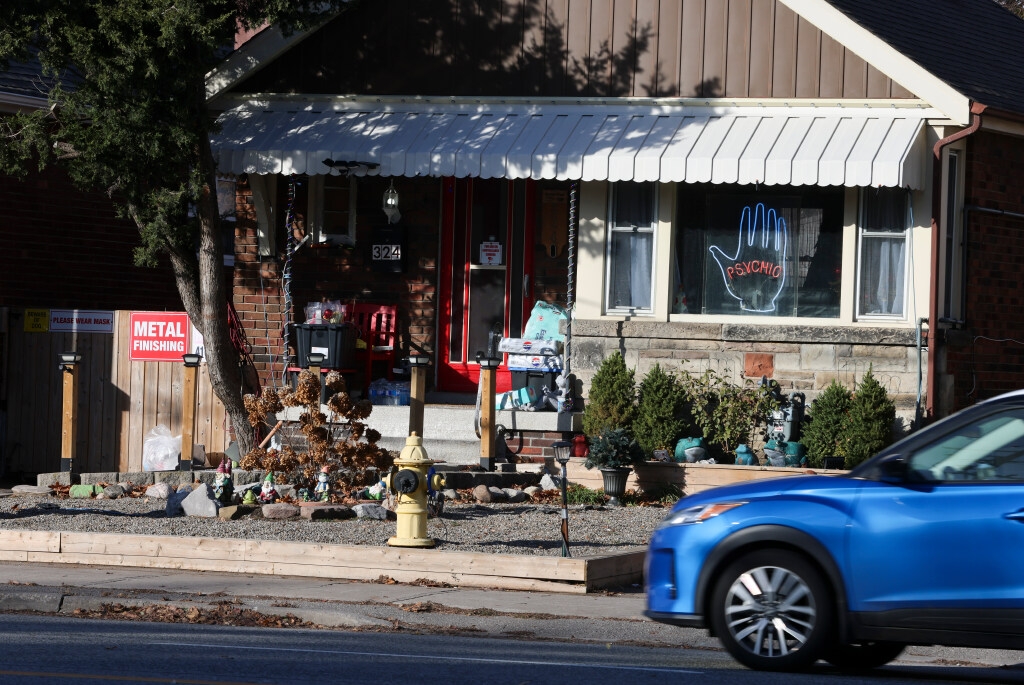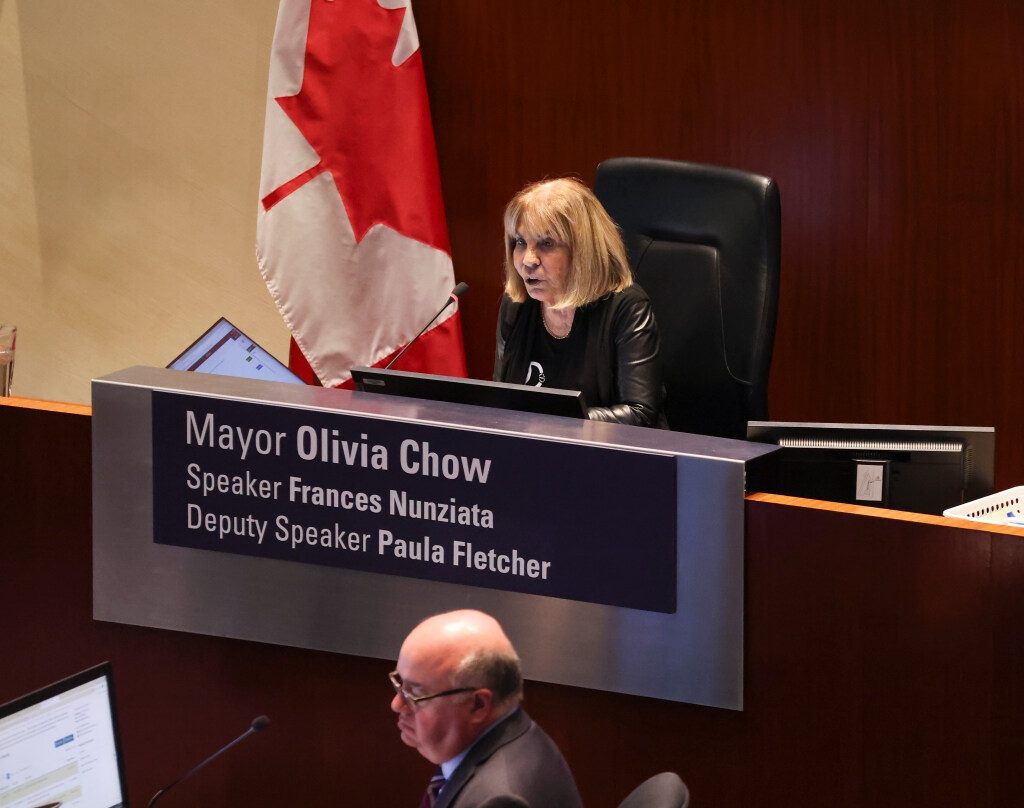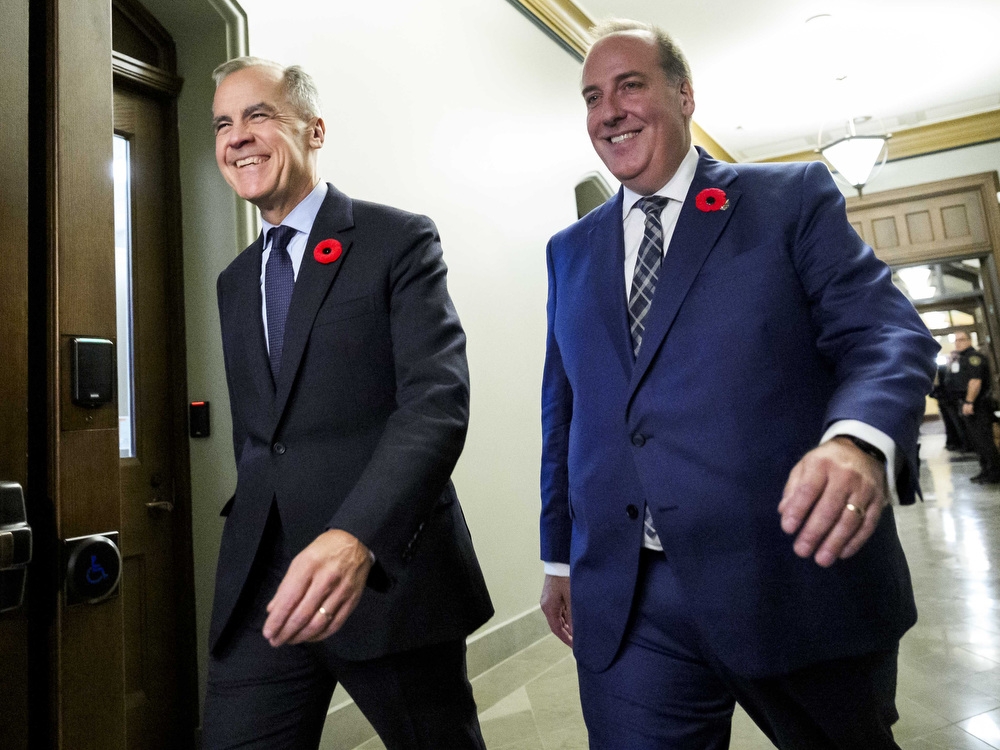A controversial plan to reshape Toronto’s neighbourhoods is resurfacing at City Hall, sparking renewed debate and resident anxieties. Despite a year of review, core concerns about the proposal remain largely unanswered, threatening to fundamentally alter the character of residential areas.
The core of the plan allows a wider range of small businesses – from cafes to potentially even cannabis retailers – to operate directly within residentially zoned properties. Proponents envision more walkable, vibrant neighbourhoods, filled with convenient local amenities. But for many residents, the vision feels less like progress and more like a disruption of their way of life.
A key challenge lies in provincial regulations. The city can dictate *where* businesses can go, but not *what* types of businesses are permitted. This means a charming corner store could easily transform into a bar or a cannabis dispensary, a prospect that deeply worries many Torontonians.

Councillor Frances Nunziata voiced strong reservations last year, describing the rezoning concept as a potential “nightmare.” She questioned the rationale behind the proposal, arguing that its benefits hadn’t been clearly articulated and fearing a lack of public understanding. Her concerns haven’t been fully alleviated.
While some councillors, like Josh Matlow, champion the idea, citing successful examples from cities around the world, opposition remains fierce. Residents who spoke at recent committee meetings expressed deep-seated fears about increased traffic, parking shortages, noise, and even potential increases in crime.
A recent independent study conducted by the Coalition of Toronto Residents’ Associations revealed overwhelming opposition, with 90% of over 3,400 respondents opposing changes to zoning rules. This sharply contrasts with a city survey showing only half of residents favouring a more permissive retail system.

Residents paint a vivid picture of their concerns: the loss of quiet residential streets, the potential for businesses to operate around the clock next to homes, and the fear of turning neighbourhoods into de facto strip malls. One resident poignantly stated they don’t want to feel like they’re living *in* a strip mall, but *next to* one.
The latest iteration of the proposal includes only minor adjustments. While patios are no longer part of the plan, addressing concerns about noise from bar patrons, and some roads have been reclassified, critics argue these changes are superficial. The fundamental issues remain unresolved.
Residents point to existing vacant storefronts throughout the city as a more sensible solution, questioning why City Hall would prioritize replacing homes with businesses when viable commercial spaces already exist. They also highlight the challenges of enforcing bylaws with a more dispersed network of businesses.
The central argument from opponents is simple: the plan fails to address the potential negative impacts of introducing a wide range of businesses into residential neighbourhoods, particularly given the city’s limited control over the *type* of businesses that ultimately open their doors. The debate continues, leaving the future of Toronto’s neighbourhoods hanging in the balance.





